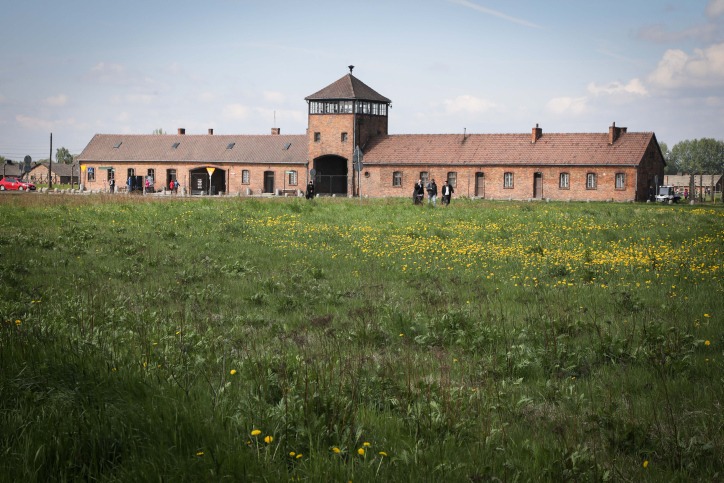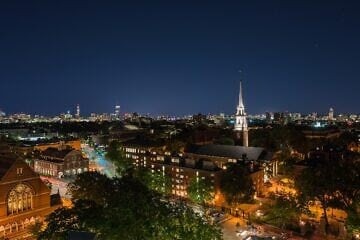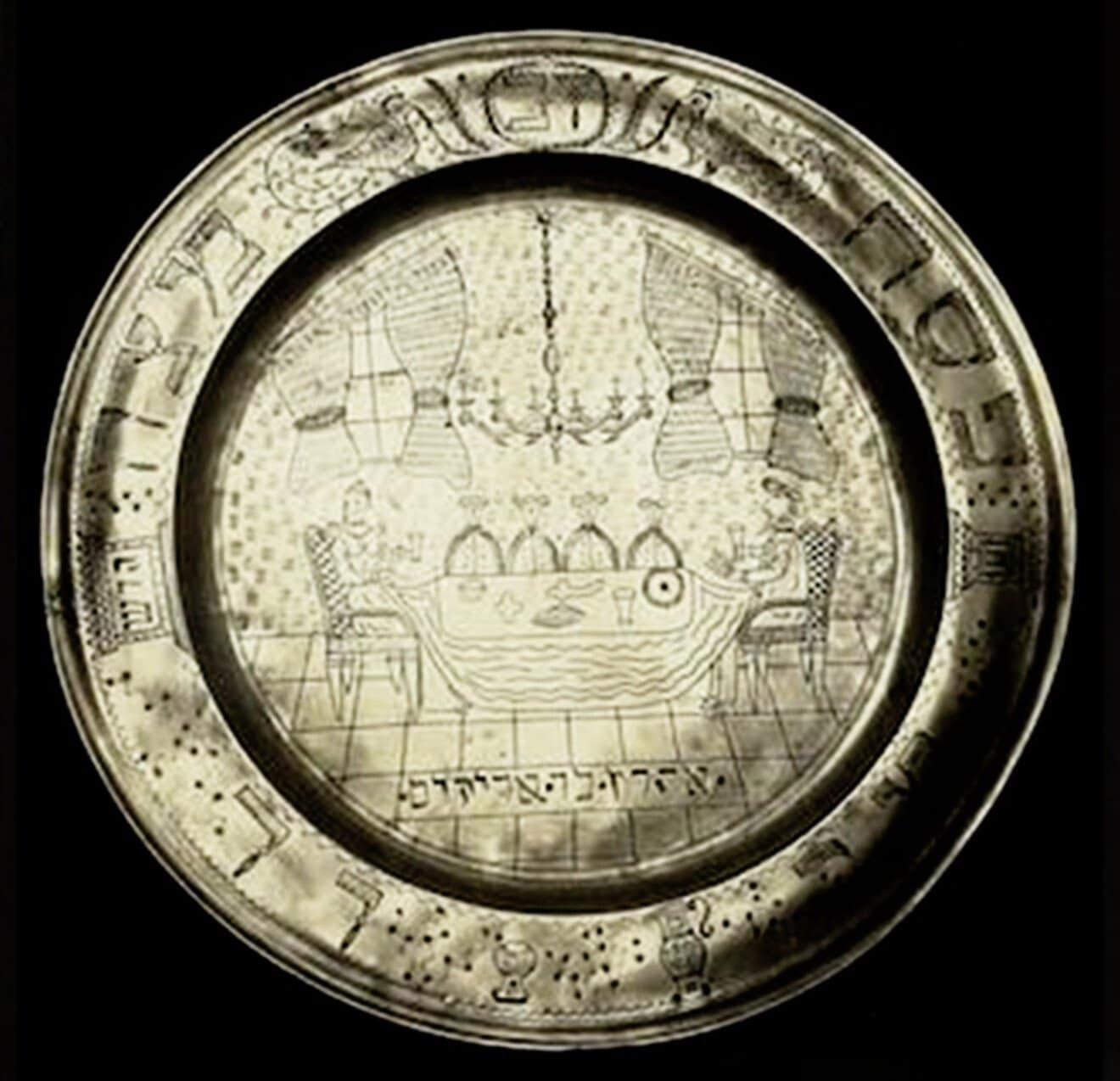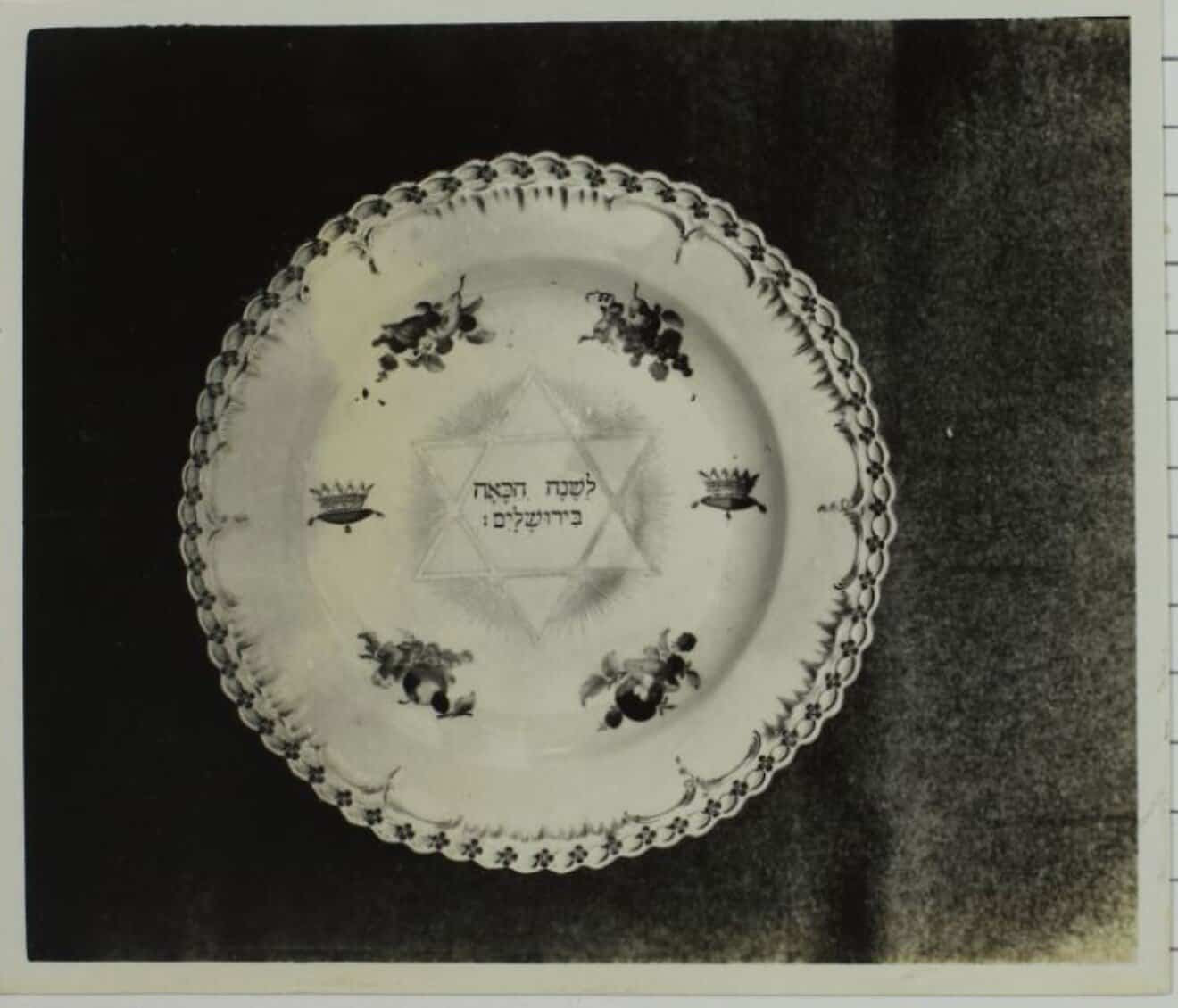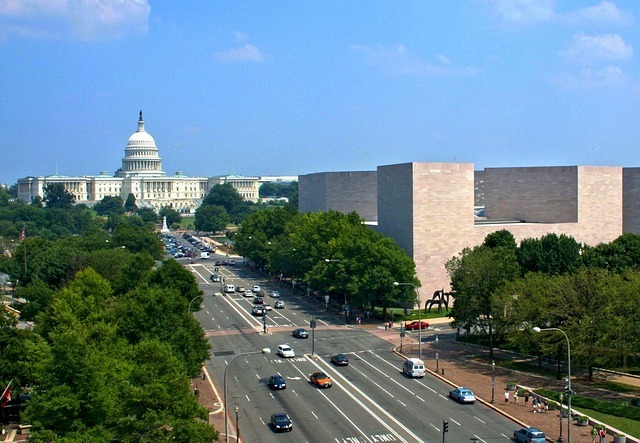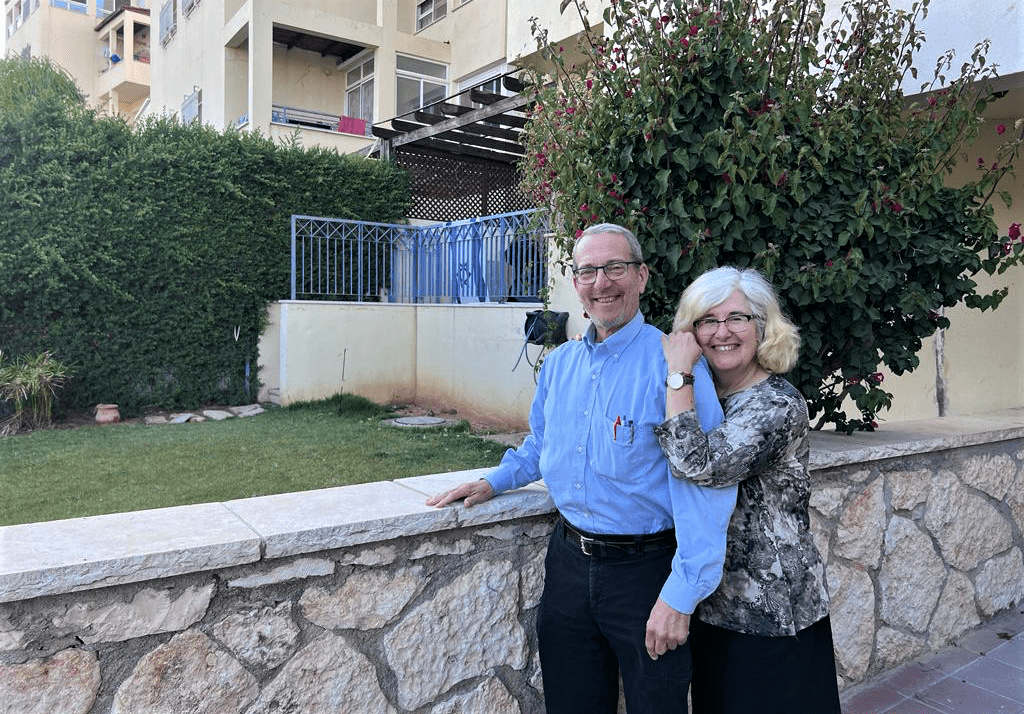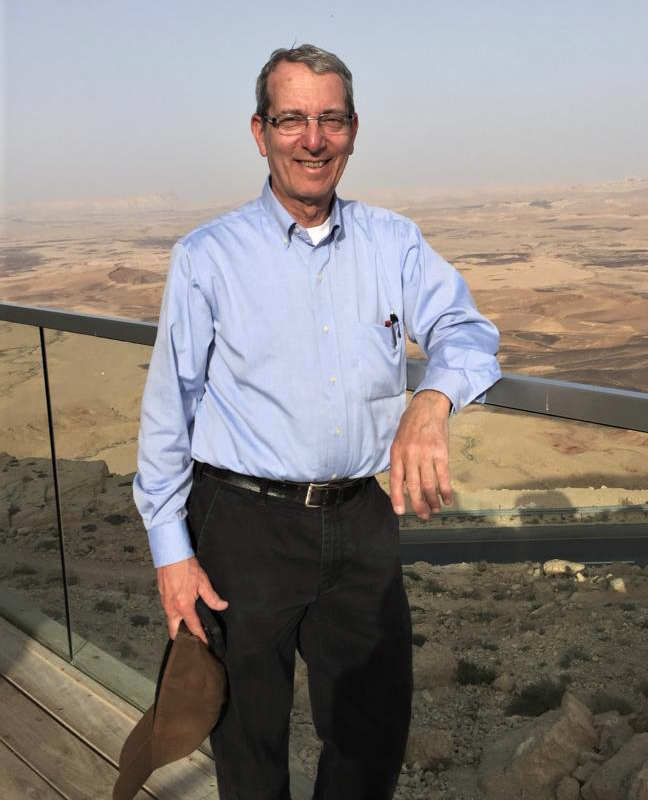The Swiss city embraces the festivities while maintaining relative calm for Israeli visitors, offering stark contrast to last year’s tensions in Malmö.
(Israel Hayom via JNS)
Eurovision week 2025 officially opened on Sunday afternoon with the delegation parade on the turquoise carpet—the festive opening ceremony of the competition, in which Israel’s representative Yuval Raphael will participate.
The atmosphere in Basel is already fully present. During the past weekend, the city began embracing Eurovision colors—flags appeared in almost every corner, shop windows were decorated, and squares transformed into pilgrimage sites for competition fans, locals, tourists—everyone.
The general feeling? As if the city awakened to a world where sequins are a native language, feathers constitute a dress code, and every step on the street comes with an imaginary chorus of “Douze points!“
The magic of Eurovision 2025 doesn’t wait for you to reach downtown; it begins the moment you land. If you arrive by plane, you’ll encounter colorful signs welcoming you with “Welcome Eurovision Fans” right at the baggage carousels of Basel-Mulhouse Airport. And if you choose to arrive by train, from the moment you step onto the main station floor, you’ll understand you’ve entered a city that speaks Eurovision language.
Digital signage has transformed into colorful heart displays, direction markers glow in bright pink, and almost every column features the competition logo. The station has become an unofficial Eurovision branch—a combination of transportation hub and photo-op station for sequin genre enthusiasts.
Between steaming coffee and Swiss tuna sandwiches, locals have embraced the competition spirit. Store after store has wrapped itself in Eurovision colors—”Welcome Home” signs in neon yellow, fuchsia pink hearts, and shop windows modified for the event, featuring microphone-shaped cakes, scarves with “Douze points” inscriptions, and shelves stocked with official merchandise.

Digital screens in the station plaza broadcast competition messages and logos on constant rotation, and as they change colors and wink at passersby, there’s a sense of a continuous show. Pedestrians pause for photos, children point excitedly, and tourists reach for smartphones—as if it’s not just another ordinary day, but a semifinal show beginning with a fashionably late five-minute delay.
‘Eurovision Street’
When exiting Basel’s main train station and turning left, you can’t miss what locals simply call “Eurovision Street.” This main urban thoroughfare extends about 1.9 miles, all the way to Badischer Bahnhof station, completely transformed into a colorful, festive walking route dedicated to the competition.
Shops along the way have dressed up for Eurovision; many display “Friends of Eurovision” signs, while others have designed their windows with songs, sequins and hearts as inspiration. “United By Music” signs line the street, while familiar Eurovision hit melodies flow from the city’s sound system—an unofficial soundtrack to everyday life.
But it’s more than just decoration. Eurovision Street lives, breathes—and performs. One side features small wooden stands for local street artists, who are already strumming, drumming, whistling, and engaging passersby. At its center stands a main stage hosting live performances throughout the day.
Last weekend already featured local brass ensembles, percussion groups, and young bands performing tribute songs to competing artists. Later this week, some competition contestants are expected to perform here. On this street, Basel isn’t merely hosting Eurovision—it’s actively participating in it.
On Eurovision Street, we met the first group of Eurovision fans from Israel, including Avi Zeikner, a photographer in everyday life but serving as the editor of Euromix.co.il while in Basel.
“We arrived here yesterday afternoon, and since then it’s been really pleasant,” he said. “The atmosphere is quite relaxed. Regarding security, we notice police officers on the streets and hope everything proceeds smoothly. I’m not overly concerned, just trying to limit speaking Hebrew on the street and not carrying an Israeli flag, but overall it feels quite safe.”
Beside him stood Tal Dahan and Shachar Assido—devoted Eurovision fans who attended every competition for the past three years.
“We haven’t seen anything like this at previous competitions we’ve attended; there are truly wonderful things here. We even met Luxembourg’s representative, and she’s really friendly,” Tal said.
Shachar added, “Very near here was a karaoke party where everyone gathered around us after we sang—nice atmosphere, and it doesn’t feel as tense as last year in Malmö.
“Initially, we thought there wouldn’t be any Israeli flags at all, that perhaps they’d boycott or no presence would be visible,” she said. “But we actually do see them—both here on Eurovision Street and throughout Basel—whenever flags are displayed, the Israeli flag is included. That’s definitely a pleasant surprise.”
This stands in stark contrast to last year in Malmö, where at this stage of the week, one could already encounter numerous demonstrations, inscriptions, flags and verbal attacks against Israel. This time, at least so far, the situation appears completely different.
Except for a few isolated cases documented last week when anti-Israel inscriptions scattered around the city were spotted, Basel’s municipality apparently acted quickly to remove everything. The physical presence—flags, signs, street atmosphere—feels much calmer. That makes the moment when you encounter graffiti saying “F*** Israel” near Eurovision Street, on the wall of a bank branch adorned with Eurovision inscriptions, particularly jarring.
The colorful sign declaring “United by Music” in plump letters hangs directly above the vulgar inscription. Yet this exception seems to emphasize the rule that, at least for now, Eurovision in Basel operates in a “neutral and sterile zone” where Israelis can simply enjoy the competition.
Eurovision Village
At the end of Eurovision Street, the Eurovision Village spreads. This year, for the first time, it’s established in an enclosed, covered venue, creating the atmosphere of a colorful fair under one roof. The massive structure is entirely branded with distinct Eurovision aesthetics, featuring giant signs, screen displays, flags from every direction, and eye-catching food stalls ranging from Middle Eastern cuisine to hamburgers to sticky, delightful Swiss raclette.
Between these, you’ll find official competition merchandise, scarves, postcards with the “United by Music” slogan, and selfie stations with golden microphones.
On one wall, right at the entrance, appears the Eurovision 2025 slogan in various languages, including Hebrew. But standing casually before this inscription is a tall green plant, apparently placed randomly. It doesn’t entirely obscure it but creates a charming hide-and-reveal effect, as if the Hebrew greeting wants to say hello, but shyly.
It doesn’t appear intentional, certainly not hostile, but this small scene embodies something quintessentially Eurovision, a blend of good intentions, colorful design, and foliage that grew beyond control.
In the center of the space stands a performance stage where local artists and Eurovision stars from years past will appear throughout the week. Later in the week, some current competition participants are expected to perform here.
As the plaza gradually fills, a tram passes outside completely wrapped in pink and blue hearts, displaying the Eurovision logo. This represents a relatively rare sight around Basel, but when spotted, impossible to miss. It approaches quietly, stops, and all that’s missing is a Ukrainian backing choir with shiny gold coats emerging from it.
The calm before the douze points
To reach the competition venue, as well as Euroclub and Eurocafe, the official Eurovision nightclubs, you must leave Eurovision Street and board a tram. The local line takes visitors to the southeastern edge of the city, home to what will become a focal point of noise, in the most positive sense.
Especially here at St. Jakobshalle—the arena hosting the semifinals and grand final—a completely different atmosphere currently prevails, a feeling of “the calm before the storm.”
Inside, you don’t yet feel the drum rhythms or lighting intensity, but hints already exist. Some delegations conduct rehearsals, journalists collect entry passes granting access to media zones, and occasionally, security personnel with earpieces and transmitters pass by.
But on Monday, everything changes. This area will become Eurovision week’s beating heart, featuring open rehearsals for ticket holders, daily performances, media broadcasts from every corner, and the three highlight evenings: first semifinal, second semifinal, and the grand final itself. Within 24 hours, every quiet corner transforms into a colorful distillation of singing, costumes, hope and douze points.
Among decorated streets, fragrant stalls, festive trams, and the still-quiet arena—it’s impossible to ignore the bubbling excitement in the air. Basel prepares for its defining moment with scenery almost complete. It’s not showtime yet, but something here already sings.
The Eurovision 2025 semifinals will take place on May 13 and May 15 (with Israel competing), and the grand final on May 17.
Originally published by Israel Hayom.
Image: Security in Basel ahead of Eurovision, May 2025. Photo by Nathan Stolero.


